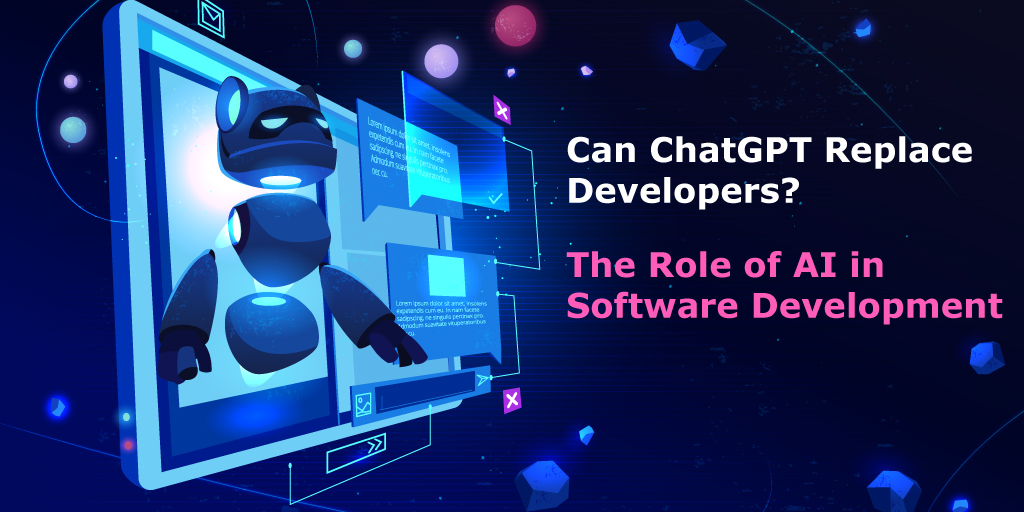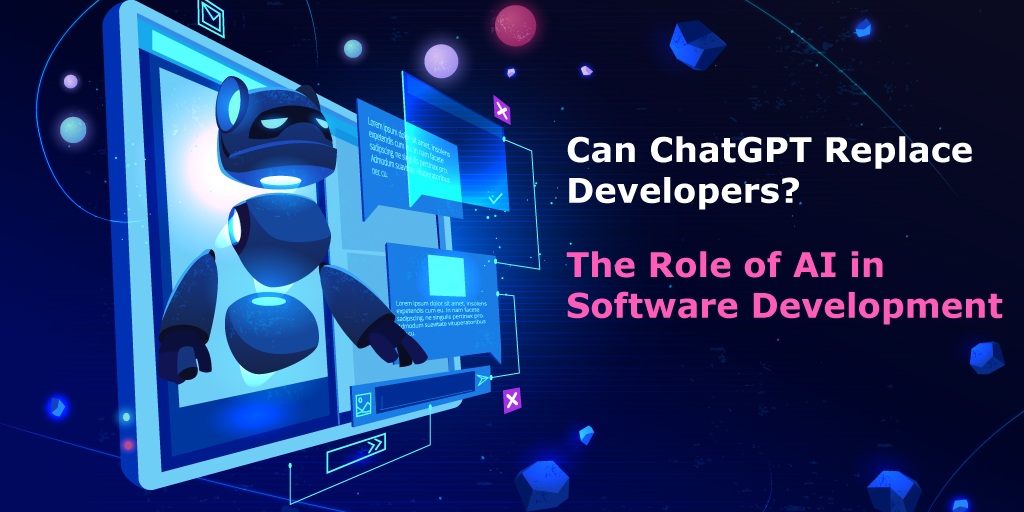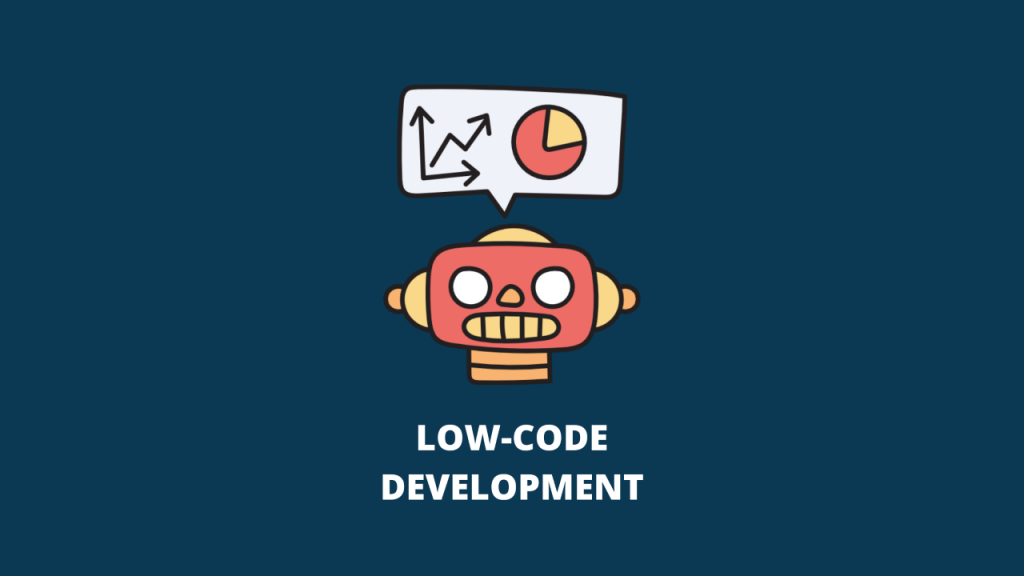
Artificial intelligence (AI) is quickly transforming several sectors as a result of the rapid advancement of technology and innovation. Many people are anxious about how AI will affect the employment economy as it thrives. Among these questions, one that arises is whether ChatGPT, a powerful language model developed by OpenAI, can replace software developers.
So, let us understand the capabilities of ChatGPT and explore its potential role in software development. And understand ChatGPT and its relationship with software developers.
Understanding ChatGPT and its Abilities
ChatGPT is an amazing and intelligent AI model. It leverages deep learning techniques to produce human-like text responses. It has been trained on an extensive amount of data and can understand and produce coherent responses to a broad array of queries. It assists developers in tasks such as generating code snippets, providing code suggestions, and answering technical questions. Also, it enables developers to automate repetitive tasks, enhance code quality, and expedite the development process.
While ChatGPT possesses remarkable language processing abilities, it is important to recognize its limitations in specific areas, such as knowledge cutoffs and a lack of real-world experience.
The Role of ChatGPT in Software Development
To know the answer to “Can ChatGPT replace developers?”, you need to understand the following points:
1. Streamlining Development Processes:
By automating repetitive processes like producing generic code or developing fundamental software components, ChatGPT may be able to help software engineers. As a result, developers are free to concentrate on more complex problem-solving and innovative areas of their work, which boosts productivity and efficiency.
2. Boosting Collaboration:
ChatGPT can act as a virtual assistant, aiding developers in problem-solving, code review, and suggesting solutions based on patterns it has learned. This collaborative aspect of AI can foster teamwork and knowledge sharing and facilitate faster development cycles.
3. Assisting in Debugging and Troubleshooting:
With its language processing capabilities, ChatGPT can assist developers in identifying bugs and offering potential fixes based on the provided context. With its vast knowledge base and pattern recognition, ChatGPT can aid in reducing the time spent on debugging and troubleshooting code.
4. Providing Learning Resources:
ChatGPT can act as a knowledgeable companion, answering programming-related questions and providing resources and references to developers. It can assist in learning new programming languages, frameworks, or libraries, making it an excellent resource for both novice and experienced developers.
Frequently Asked Questions (FAQs)
Q1: Can ChatGPT replace software developers entirely?
A1: No, ChatGPT cannot replace software developers entirely. While it can automate certain tasks and provide assistance, software development requires creative problem-solving, critical thinking, and domain expertise, which are essential qualities possessed by human developers.
Q2: Is ChatGPT proficient in writing bug-free code?
A2: ChatGPT can suggest potential solutions based on patterns it has learned, but it is not infallible. Developers should exercise caution and thoroughly review and test any code generated by ChatGPT to ensure its quality and reliability.
Q3: Will ChatGPT make software development jobs obsolete?
A3: ChatGPT’s role in software development is complementary, aiming to enhance developers’ capabilities rather than replace them. It allows developers to focus on complex tasks, innovation, and problem-solving, which are fundamental aspects that AI cannot fully replicate.
Q4: What are the limitations of ChatGPT in software development?
A4: ChatGPT has limitations, including its lack of real-world experience, inability to comprehend specific business requirements, and challenges in understanding the intent behind complex code. These limitations make human expertise indispensable in software development.
Conclusion
While AI, represented by tools like ChatGPT, plays an important role in accelerating developers’ capabilities, it is not a replacement for software developers. The collaborative potential of ChatGPT can lead to increased productivity and knowledge sharing within software development teams. As technology continues to evolve, the future of software development will likely see the integration of AI models like ChatGPT, supporting developers in their pursuit of innovative and efficient solutions.
By recognizing the strengths and limitations of AI models like ChatGPT, we can appreciate their potential while continuing to value the expertise and creativity of human software developers. The future lies in the symbiotic relationship between humans and AI, where both work together to push the boundaries of software development.
Low-code development tools like DEW Studio provide a powerful framework for developers and citizen developers to collaborate and build applications efficiently. With its visual interface, seamless integrations, and extensive component library, developers can accelerate their software development efforts while ensuring scalability and extensibility.



